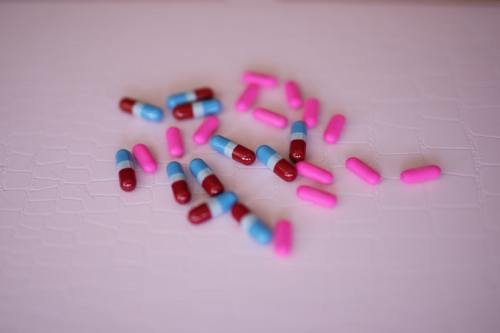Our editors independently select these products. Making a purchase through our links may earn Well+Good a commission
People tend to think of supplements in terms of the physical boost they can provide, not necessarily their mental benefits. But according to holistic psychiatrist Meredith Bergman, MD, vitamin and mineral deficiencies can exacerbate (or even masquerade as) serious psychiatric problems, like depression and anxiety, and they’re so, so common. Which is where supplements come in.
In her practice, Dr. Bergman—who relies on a mix of Eastern and Western medicine—routinely starts off by checking patients’ nutrient levels, because even super healthy eaters can have serious deficiencies. (That’s partly because “bioavailability,” i.e., the body’s ability to absorb nutrients, is a surprisingly complex thing.)

The good news? Once patients start supplementing strategically, most deficiencies can be corrected in a matter of months, Dr. Bergman says—even days. She’s seen immediate improvement with issues like fatigue, migraines, and general mental clarity.
Of course, you should always check with a doctor first—and know that sometimes there is simply no replacement for medication and therapy. It’s also important to be a discerning consumer: “Look for certified products that carry a seal from the United States Pharmacopeia, NSF International, Consumer Lab, or products that are made in a facility with Good Manufacturing Practices, which means [it] was made in accordance with FDA standards,” Dr. Bergman recommends. Then give it a shot! They just might be your happy pills.
Here are five supplements with mind-body benefits Dr. Bergman regularly recommends to female patients.
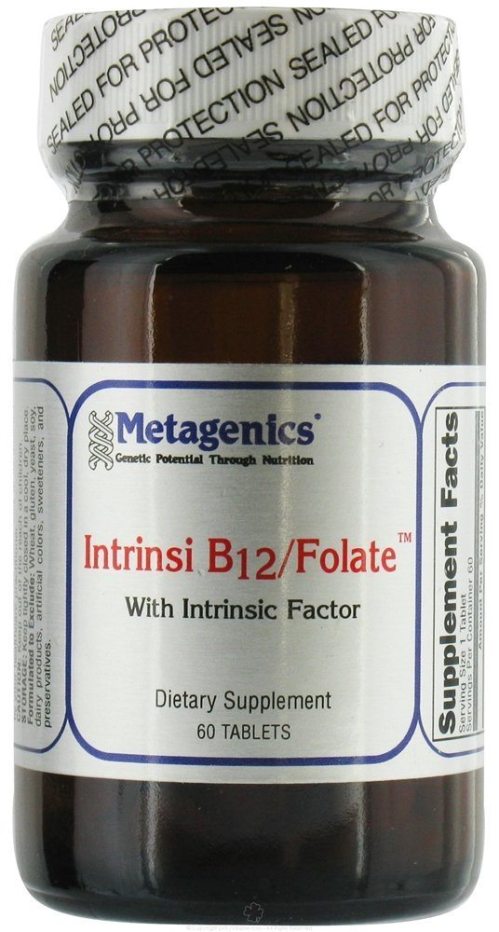
1. Folate/vitamin B12
Since these two nutrients work synergistically, Dr. Bergman suggests taking a supplement with both. Folate (or folic acid, in synthetic form) is a must during pregnancy because it protects against neural tube defects, but it’s vital beyond that—”for the health of our nervous system,” Dr. Bergman explains. “It’s necessary for the synthesis of our neurotransmitters,” she says—chemicals that facilitate communication between nerve cells, helping to regulate things like mood and sleep. Oh, and if you’re grappling with depression, definitely talk to your doctor about folate. A significant number of depressed patients have folate deficiencies, Dr. Bergman says.
As for vitamin B12, up to 15 percent of people are deficient, Dr. Bergman says, and since it’s generally found in food sources like meat and eggs, supplementation can be critical for vegans and vegetarians. It’s also essential for producing and maintaining neurotransmitters, she explains, adding that “deficiency manifests as symptoms of depression, anemia, and fatigue—and it can also cause cardiovascular and neurological disease.” Dr. Bergman recommends taking folate/vitamin B12 in the morning for a caffeine-free energy boost.
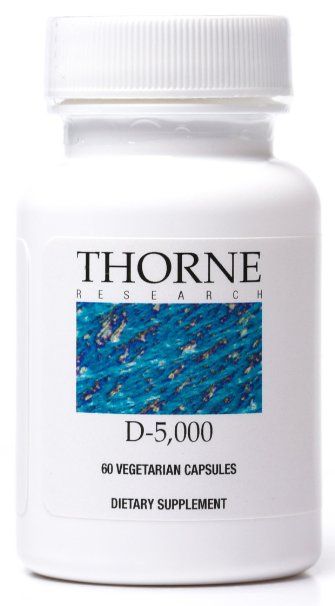
2. Vitamin D
“Limited sun exposure and restrictive diets that exclude fatty fish or fortified dairy products have led to an epidemic of vitamin D deficiency…some estimates say 50 percent of the population is deficient,” Dr. Bergman warns.
That’s seriously bad news, because vitamin D is a key nutrient for the nervous and immune systems—and low levels have been linked to depression. For some people, a bit more sun can make a difference, but those with real deficiencies need something more intense.
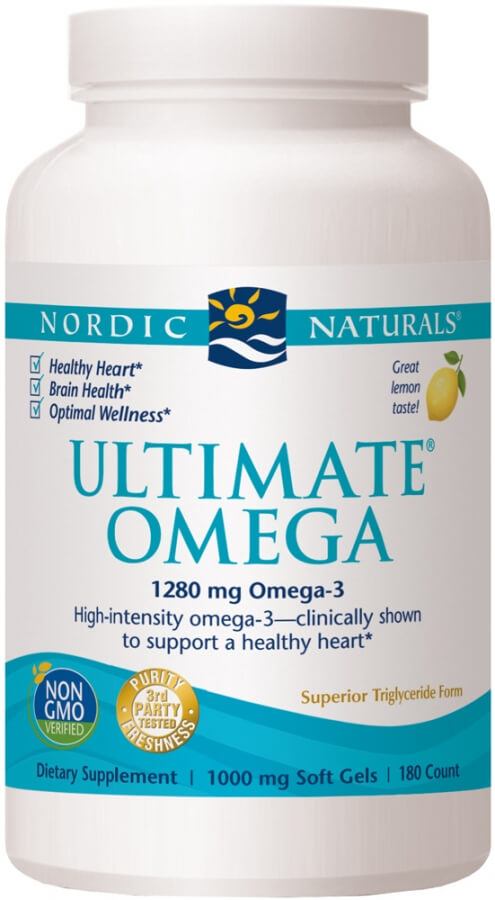
3. Omega-3 fatty acids
“I routinely prescribe omega-3 in the form of fish oil or krill oil,” says Dr. Bergman. “We cannot make these essential fatty acids, and they must be acquired from either diet or supplementation.” She says to look for one that includes EPA and DHA, which help to reduce inflammation and lower the risk of heart disease (among other benefits). And while studies on whether omega-3s can help with depression and ADHD have been mixed, it’s clear they play a role in brain health.
Again, though: check with your doctor. “Fish oil can act as a blood thinner and interact with prescription medications,” Dr. Bergman notes.
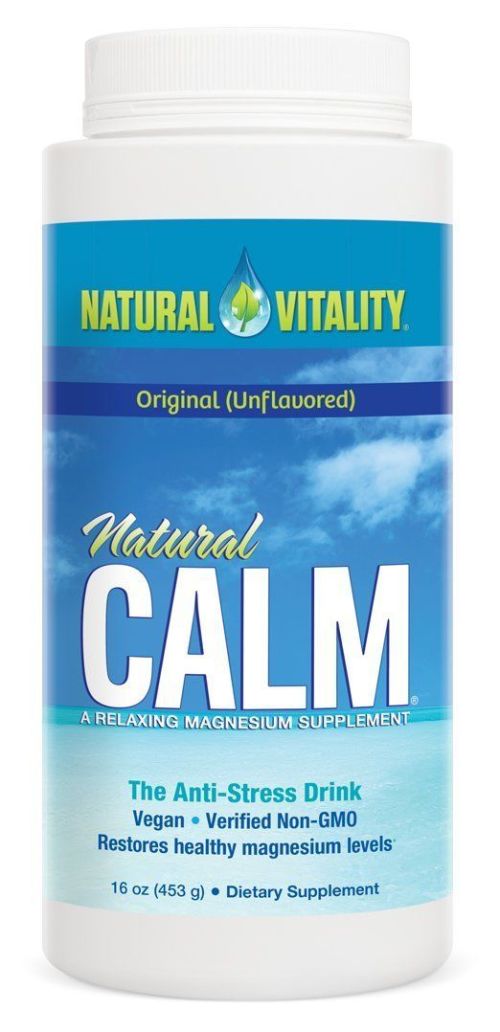
4. Magnesium
Dr. Bergman recommends taking magnesium at night to help with sleep problems and muscle relaxation. But even if sleep’s not an issue for you, chances are you’re still deficient (80 percent of us are, after all). And that’s alarming, because magnesium helps control hundreds of chemical reactions in the body. (Not to mention that little thing called PMS.)
Dr. Bergman recommends taking it with calcium (magnesium competes with calcium for absorption in the body, so calcium deficiency is a risk), though you can also apply it topically in sprays or oils.
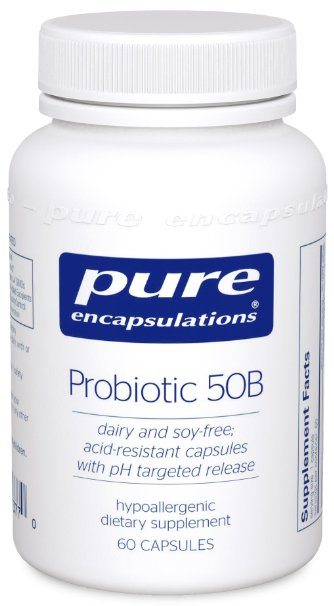
5. Probiotics
We all know by now that gut health affects everything, including our brains. “Several studies have found that by correcting imbalances in the relative levels of certain microorganisms in our intestinal tract, patients were able to reduce feelings of anxiety and depression,” says Dr. Bergman.
Plus, probiotics are great for someone who’s under a lot of stress or eats the occasional processed food, which is pretty much everyone. So if you’re not already taking a probiotic, what are you waiting for?
Originally published August 10, 2016. Updated August 19, 2018.
Now that you’ve read about mental health-boosting supplements, here’s how to make sure you’re not just peeing them out. And if you want to make sure you’re getting the real deal, think about shopping at this quality control-obsessed retailer.
SaveSaveSaveSaveSaveSave
Sign up for the Well+Good SHOP Newsletter
Get exclusive deals on wellness, beauty, fitness, and food products that have been hand-picked by our editors.
Got it, you've been added to our email list.
